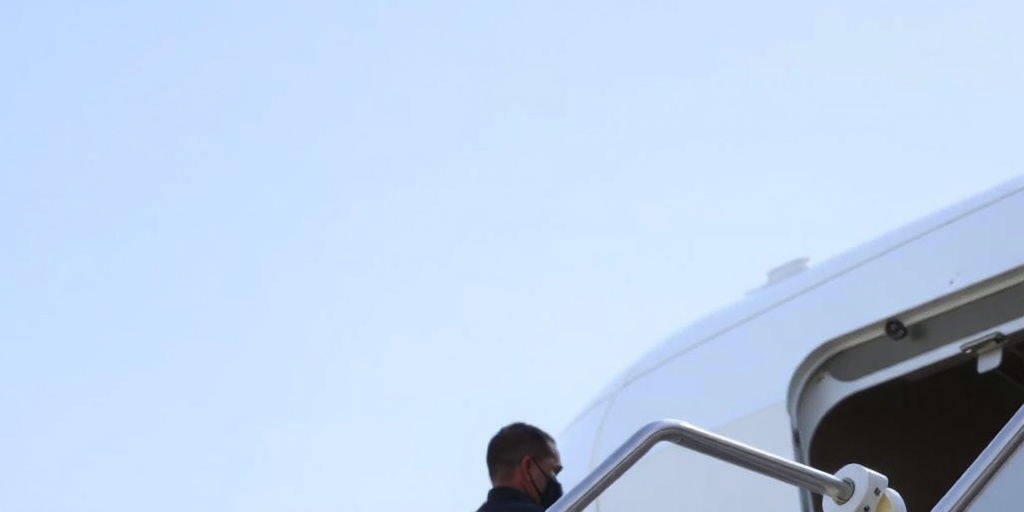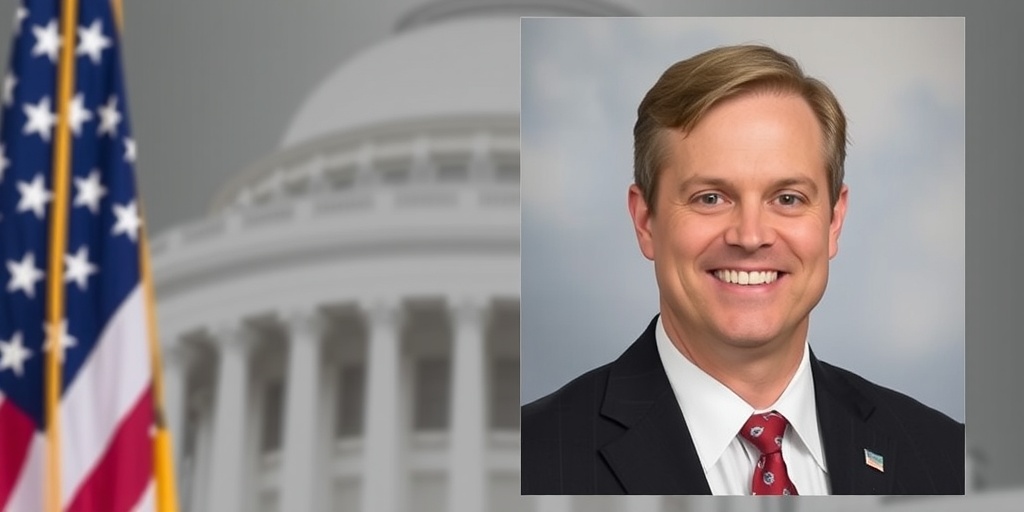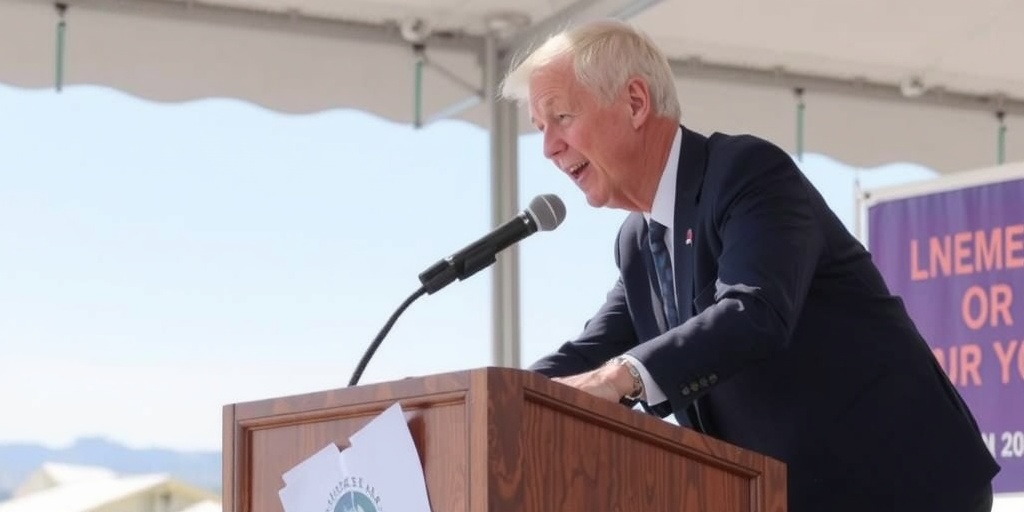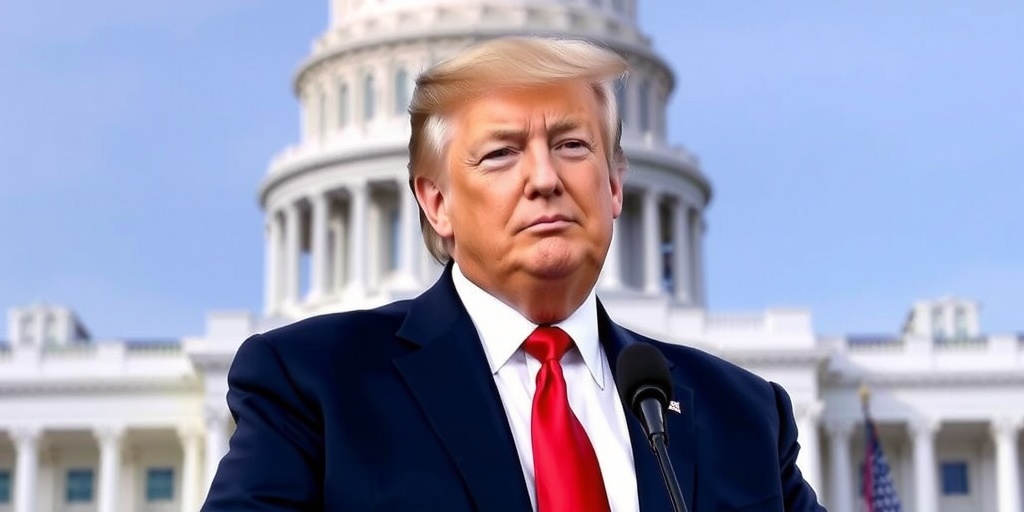Now Reading: Elon Musk Causes Rift Between SpaceX Employee and Close Friend
-
01
Elon Musk Causes Rift Between SpaceX Employee and Close Friend
Elon Musk Causes Rift Between SpaceX Employee and Close Friend
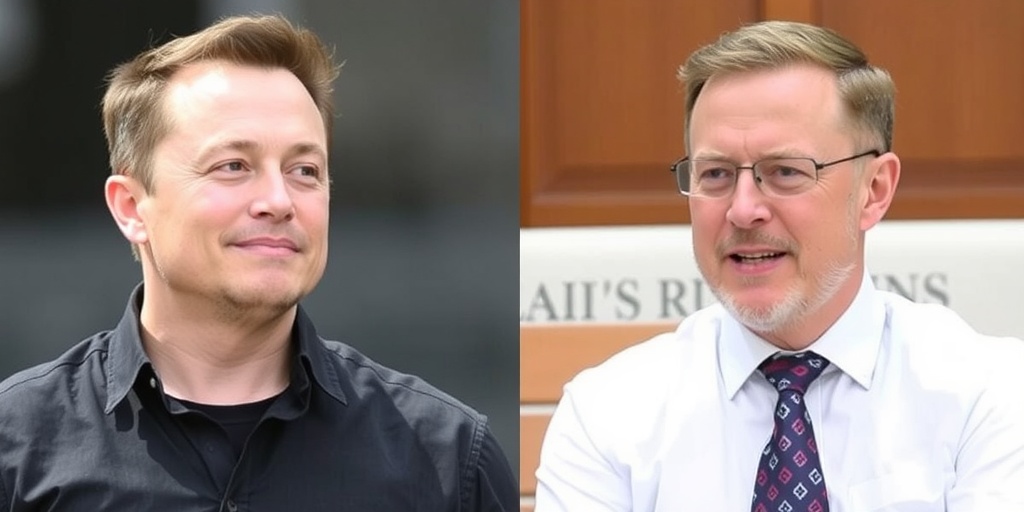
Elon Musk’s Influence Divides Friends in Arizona Political Landscape
In a tale of friendship tested by political tensions, recent revelations highlight how working with billionaire Elon Musk can put strain on even the most solid relationships. A notable case is that of Steve Davis, a longtime executive and close ally of Musk, and his former roommate, Stephen Richer. Their story underscores the complexities of personal connections amidst the chaos of modern politics and the influence of social media.
Steve Davis, who has spent over two decades alongside Musk in various ventures, became an instrumental figure in Musk’s cost-cutting campaign in Washington, D.C. This effort has generated extensive debate, particularly regarding its implications for governance and public service. As Davis took on a significant role within the Department of Government Efficiency (DOGE), he encountered not only political challenges but also a rift with Richer, who had his own political ambitions.
Richer, a Republican, was dedicated to his role as Maricopa County recorder, overseeing elections in Arizona’s largest county. His election came amidst a backdrop of intense scrutiny regarding voter fraud, fueled in part by misinformation from prominent figures, including Musk. As Davis and Richer navigated their respective political landscapes, their relationship began to fray under the weight of ideological conflicts and public scrutiny.
The initial camaraderie between Davis and Richer was evident in their shared interests and social activities. They were known for their inseparability, organizing various community events and celebrating their entrepreneurial ventures together. However, the complexities of Richer’s career as he confronted allegations of voter fraud—prompted by Musk’s controversial statements—began to create tension.
Musk’s claims regarding undocumented immigrants registering to vote in Arizona spread widely across social media platforms, contributing to a polarizing environment. Richer found himself battling these assertions, which undermined his efforts to maintain the integrity of the election process. Musk’s influence loomed large, particularly as Richer’s accountability as a public official drew unwanted attention and scrutiny.
As Richer defended his position against false accusations, including Musk’s allegations, his relationship with Davis became increasingly strained. He began expressing frustrations about the misinformation propagated by Musk and its consequences for his office. Initially, Richer attempted to reconcile his admiration for Musk with the need to counter misleading narratives, but as Musk’s rhetoric intensified, so did Richer’s responses. He publicly corrected Musk’s claims, illustrating the growing divide between them.
Despite their past friendship and mutual respect, Richer’s candid criticisms of Musk’s baseless claims about elections showcased the difficult balancing act he had to perform. Following a loss in a Republican primary, where he stood firm against claims of election fraud, Richer’s stance began to evolve from admiration to outright critique of Musk’s misinformation. This shift marked a significant change in Richer’s public persona, as he became a frequent critic of the narratives promoted by the billionaire.
Richer’s newfound assertiveness reached a peak in a recent interview, where he articulated the ramifications of Musk’s unchecked statements and how they affect public trust in electoral processes. As he transitioned into a role as a senior fellow at Harvard Kennedy School, Richer’s critiques of Trumpism and the actions of the Department of Government Efficiency became more pronounced, illustrating how personal relationships could be overshadowed by political alignments and diverging ideologies.
Davis mirrored the trajectory of their relationship in his evolving role within DOGE. Although he remained supportive of Musk’s vision, the implications of their policies drew criticism, both from the public and from his former friend. The ideological chasm that developed between Richer and Davis not only impacted their friendship but also served as a microcosm of the broader political polarization that has defined recent American elections.
The case of Davis and Richer exemplifies the toll that political affiliations and leadership styles can take on personal relationships. As they pattered through this tumultuous landscape, their shared history faced an increasingly tenuous future. Musk, positioned at the center of this conflict, continues to influence the political world with his outspoken commentary and shifting narratives on platforms like X.
In light of Musk’s recent fixation on social security fraud and the supposed manipulation of voter demographics, as well as the widespread diffusion of misinformation about electoral procedures, the dynamics between those in power and their peers have only grown more complicated. The fallout from this rift serves as a reminder of how personal relationships can become collateral damage in a world marked by the pursuit of power and ideological battles.
Ultimately, the story of Davis and Richer is one of friendship caught in the crossfire of conflicting political agendas. It raises important questions about the nature of loyalty and the extent to which individuals will go to defend their convictions, especially when those convictions are pitted against long-standing friendships formed in more innocent times.
Stay Informed With the Latest & Most Important News
Previous Post
Next Post
-
 01New technology breakthrough has everyone talking right now
01New technology breakthrough has everyone talking right now -
 02Unbelievable life hack everyone needs to try today
02Unbelievable life hack everyone needs to try today -
 03Fascinating discovery found buried deep beneath the ocean
03Fascinating discovery found buried deep beneath the ocean -
 04Man invents genius device that solves everyday problems
04Man invents genius device that solves everyday problems -
 05Shocking discovery that changes what we know forever
05Shocking discovery that changes what we know forever -
 06Internet goes wild over celebrity’s unexpected fashion choice
06Internet goes wild over celebrity’s unexpected fashion choice -
 07Rare animal sighting stuns scientists and wildlife lovers
07Rare animal sighting stuns scientists and wildlife lovers













